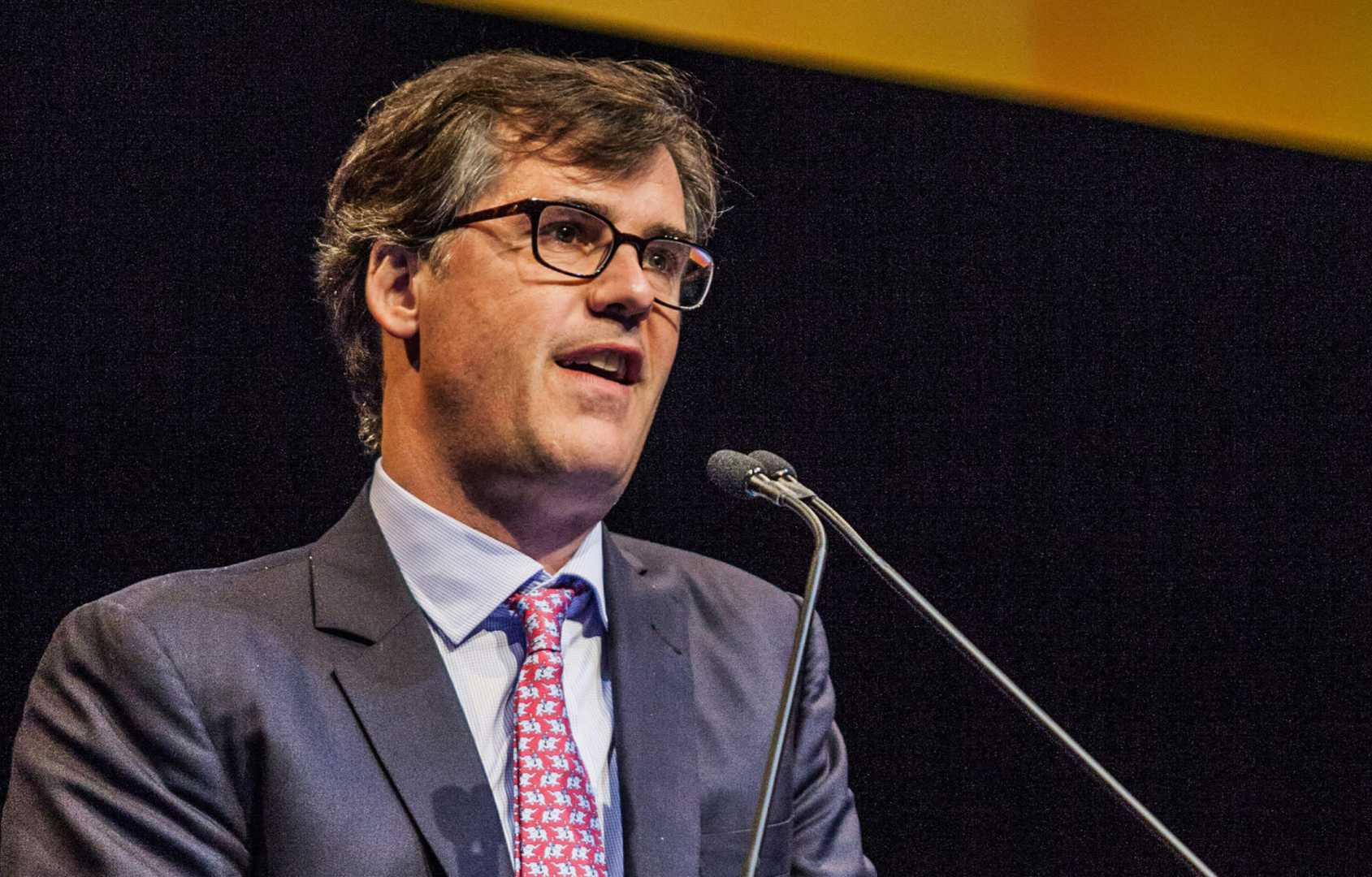Business
Billionaire Investor Philippe Laffont Shifts Focus from Tech to Weight-Loss Drugs

NEW YORK, NY — Philippe Laffont, founder of Coatue Management, has made significant adjustments to his $26.9 billion investment portfolio, reducing stakes in tech giants Nvidia and Advanced Micro Devices (AMD) while increasing investments in pharmaceutical leaders Eli Lilly and Novo Nordisk. The move signals a strategic pivot toward the rapidly growing weight-loss drug market, projected to reach $100 billion to $130 billion by 2030.
Laffont, known for his tech-heavy investments, cut his Nvidia holdings by 26% to 10,138,161 shares and reduced his AMD position by 32% to 4,249,190 shares in the third quarter of 2024. Despite these reductions, Nvidia remains a dominant force in the AI chip market, with over 70% market share and a 171% stock surge last year. AMD, though trailing Nvidia, reported a 122% increase in data center revenue to $3.5 billion in its most recent quarter.
In contrast, Laffont boosted his Eli Lilly holdings by 19%, bringing his total to 247,950 shares, and increased his Novo Nordisk investment by over 800%, now owning 326,363 shares. Both companies are leaders in the weight-loss drug market, with Eli Lilly selling Mounjaro and Zepbound, and Novo Nordisk offering Ozempic and Wegovy. These drugs, initially approved for type 2 diabetes, have gained widespread popularity for their off-label use in weight management.
“The weight-loss drug market represents a significant growth opportunity,” said a financial analyst familiar with Laffont’s strategy. “With Medicare coverage expanding for drugs like Zepbound and Wegovy, the potential customer base is growing rapidly.” Eli Lilly recently secured approval for Zepbound to treat sleep apnea, opening the door to Medicare reimbursement, while Wegovy is now covered for reducing heart attack and stroke risks.
Laffont’s shift reflects broader market trends, as investors seek high-growth opportunities beyond the tech sector. His portfolio adjustments highlight the importance of adaptability in investment strategies, particularly in industries poised for exponential growth. As the weight-loss drug market continues to expand, Laffont’s moves may serve as a blueprint for other investors looking to capitalize on emerging opportunities.












